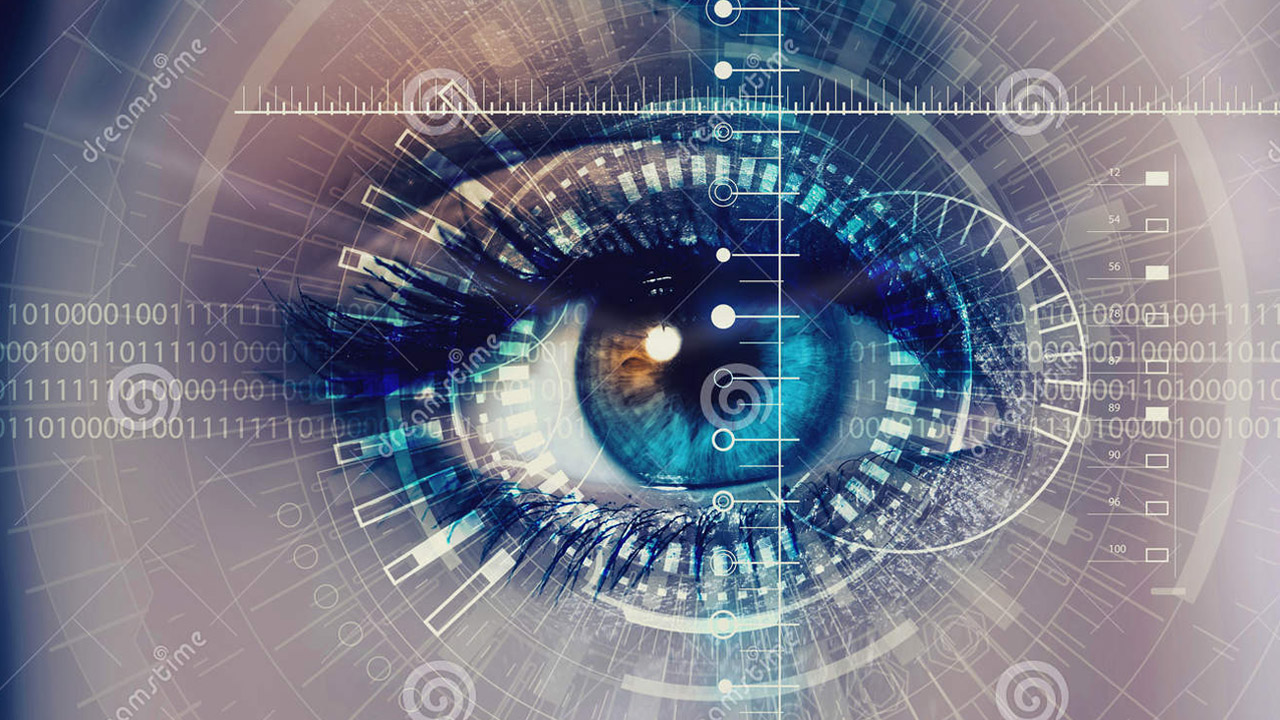Home / Comunicati Stampa / AlmavivA among international pa...
AlmavivA among international partners of the project Forensor
AlmavivA among international partners of the project Forensor

08-10-2015
The aim of the research is the realization of a low-power smart camera to gather evidence against crime
On 2-3 Sept. 2015, in Thessaloniki (Greece), was held the kick-off meeting of the EU funded project FORENSOR – funded under H2020-EU.3.7, call FCT-2014 – coordinated in Greece by the Centre for Research and Technology - Hellas (CERTH) and Almaviva being among the international partners. The duration of the FORENSOR project will be 3 years. Almaviva is responsible for the work-package on the definition of the application platform and on the integration activities as well. The Italian pilot will be based in Chiusi (Tuscany) thanks to the cooperation of the city police.
The other participants in the project are as follows:
- JCP-CONNECT SAS (France)
- STMICROELECTRONICS SRL (Italy)
- FONDAZIONE BRUNO KESSLER (Italy)
- EMZA VISUAL SENSE LTD (Israel)
- SYNELIXIS LYSEIS PLIROFORIKIS AUTOMATISMOU & TILEPIKOINONION MONOPROSOPI EPE (Greece)
- VRIJE UNIVERSITEIT BRUSSEL (Belgium)
- VISIONWARE-SISTEMAS DE INFORMACAO SA (Portugal)
- VALENCIA LOCAL POLICE (Spain)
- POLĺCIA JUDICIÁRIA (Portugal)
The initial motivation behind the FORENSOR project came from the fact that covert evidence gathering has not seen major changes in decades. In fact, in many cases Law Enforcement Agencies (LEAs) are still using conventional, manpower based techniques to gather forensic evidence. Concealed surveillance devices can provide irrefutable evidences, but current video surveillance systems are usually bulky and complicated, are often used as simple video recorders, and require complex, expensive infrastructure to supply power, bandwidth, storage and illumination.
Recent years have seen significant advances in the surveillance industry, but these were rarely targeted to forensic applications. The imaging community is fixated on cameras for mobile phones, where the figures of merit are resolution, image quality, and low profile.
A mobile phone with its camera on would consume its battery in under two hours. Industrial surveillance cameras are even more power hungry, while intelligent algorithms such as face detection often require extremely high processing power, such as backend server farms, and are not available in conventional surveillance systems.
The FORENSOR project aims to develop and validate a novel, ultra-low-power, intelligent, miniaturised, low-cost, wireless, autonomous sensor (“FORENSOR”) for evidence gathering. Its ultra-sensitive camera and built-in intelligence will allow it to operate at remote locations, automatically identify pre-defined criminal events, and alert LEAs in real time while providing and storing the relevant video, location and timing evidence.
FORENSOR will be able to operate for a long period with no additional infrastructure. It will be manageable remotely, preserve the availability and the integrity of the collected evidence, and comply with all legal and ethical standards, in particular those related to privacy and personal data protection. The combination of built-in intelligence with ultra-low power consumption could help LEAs take the next step in fighting severe crimes.


